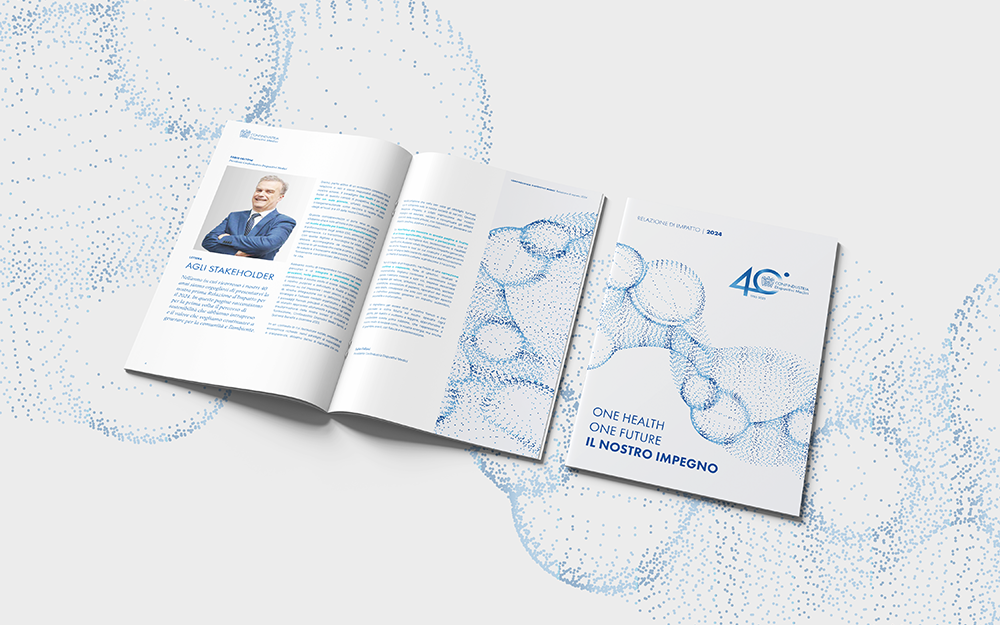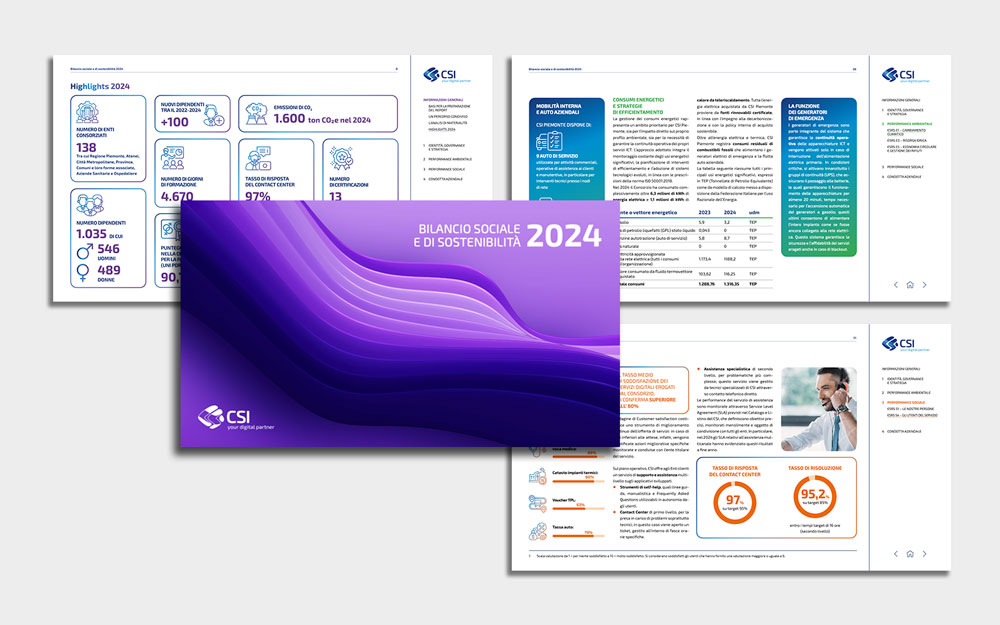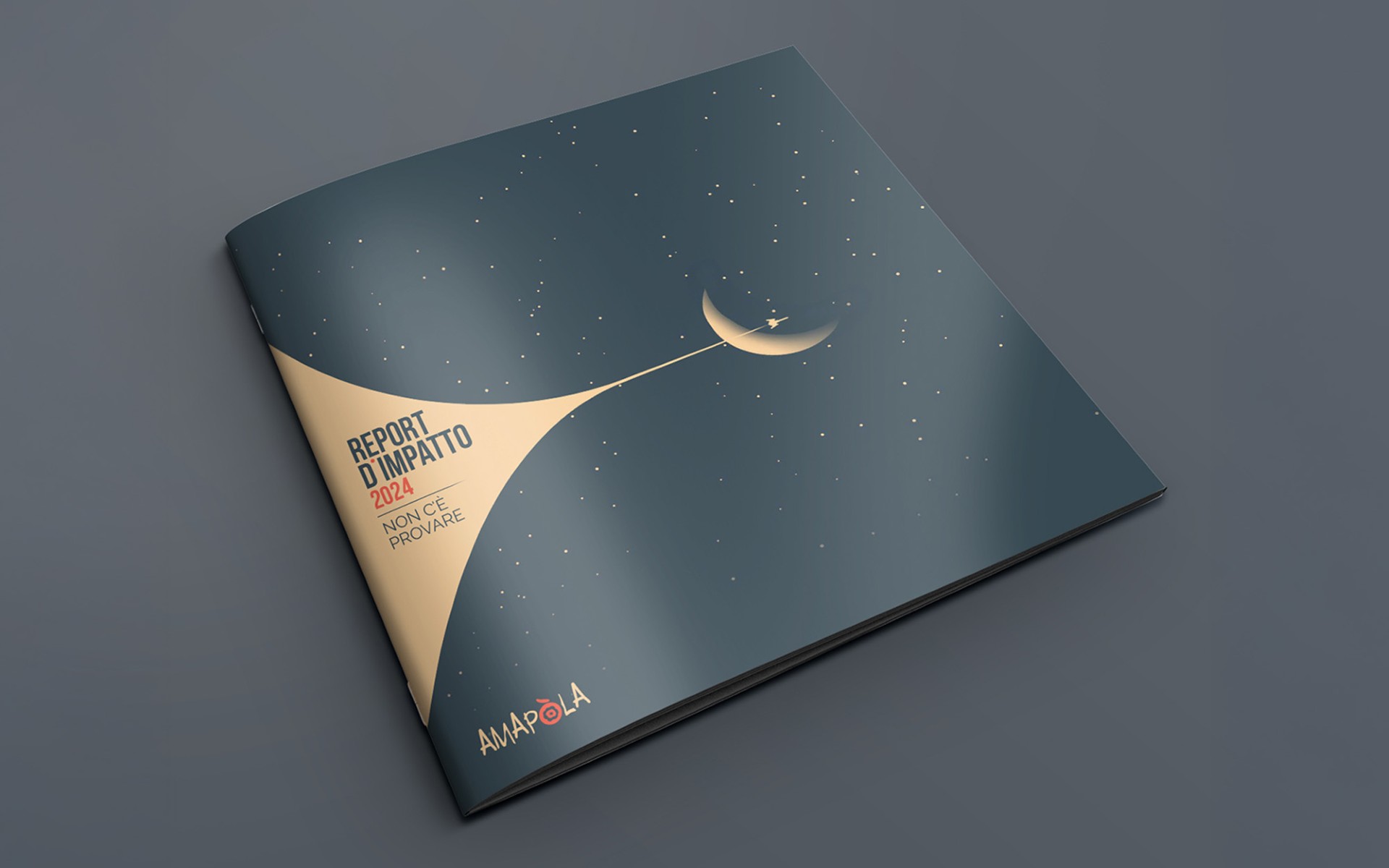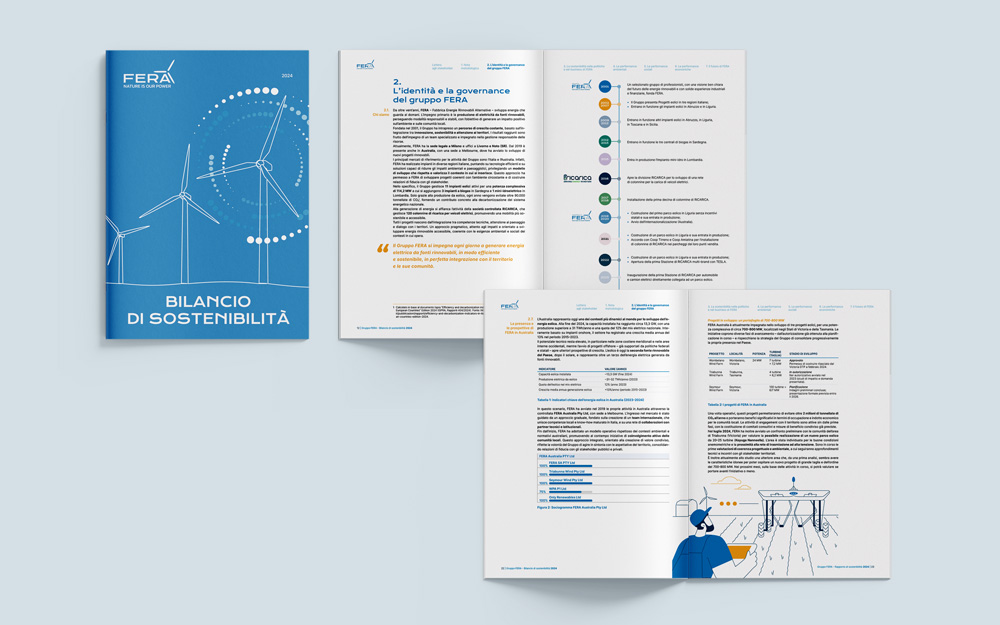The water service: perceptions, reality and attitudes – The new paper from Amapola and Laboratorio Ref Ricerche
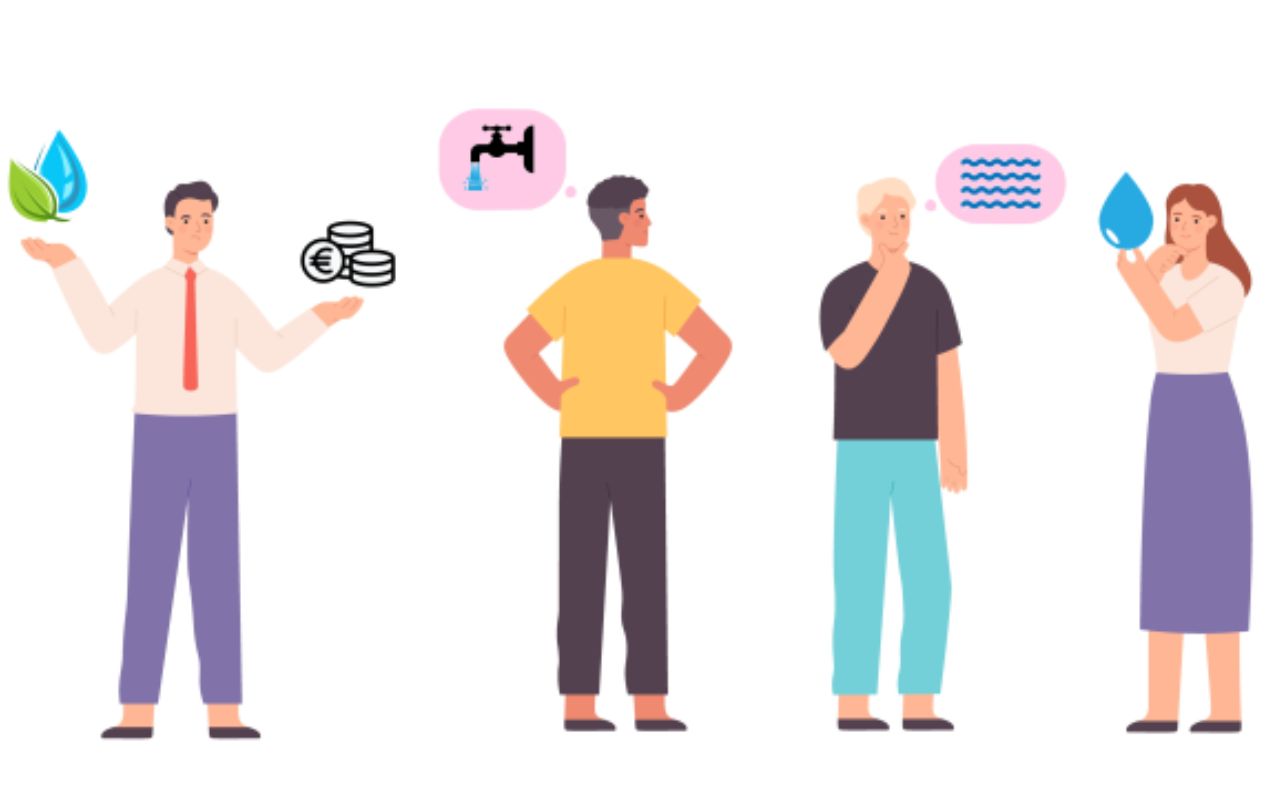
A study collating people’s perceptions and attitudes with the regulatory state of the art, using the ARERA quality indicators. This second paper, part of the Cittadini dell’acqua survey, examines people’s attitudes, perceptions and prejudices about the water service, with a view to developing information and training programs to put the relationship on a new footing.
Does everyone have the same view about the water service? No, a small minority holds entrenched ideological positions, but around 60% of people take a pragmatic approach and want specific improvements. So what is the relationship between perception and reality? The new paper from Laboratorio Ref Ricerche and Amapola examines the question through the indicators of the Energy, Networks and Environment Regulator (ARERA).
Strength in unity: people and the service provider for sustainable water management
In the increasingly complex world of water management, the survey conducted by Laboratorio REF Ricerche in collaboration with Amapola highlights a divergence between people’s limited knowledge about the integrated water service and their strong commitment to the protection of the environment and reduction of water waste. For service providers trying to promote sustainable development and the energy transition, these two apparently contrasting phenomena are an additional challenge.
If the solution to the whole question is conceptually simple, its implementation is difficult: what is needed is a solid, collaborative alliance between users and the provider of the Integrated Water Service. A provider who should be seen not simply as an industrial and economic activity, but also as an operator with a social, cultural and educational role. So building the alliance also means educating people about rational and informed use of water, encouraging them to think about their relationship with nature, and making the service more effective and sustainable by promoting good practices.
Three areas for improvement
A section of the survey focused on people’s perception of the water service, specifically, their view of the quality of tap water, the technical quality of the service and their relationship with the provider. The majority of Italians say they are generally satisfied with the Integrated Water Service. But what does “satisfied” actually mean? That they make do with what they have? It doesn’t appear so: according to almost half the survey (48%), improvements need to be made , and in precisely the three areas mentioned above, either individually or jointly.
Water quality
Specifically, 24% of Italians said they mistrusted the quality of their water.
When their replies are collated with the objective data measured by the ARERA indicators on the “Quality of Water Supplies”, their mistrust appears in part to be justified. To a significant extent, a link emerges between the areas where opinions were negative and where water quality leaves something to be desired. But since people were also reluctant to drink tap water in areas where quality is excellent, improving information and communication with users about the quality of their water is important.
Technical service quality
A second key area is the technical quality of the water service, with which 29% of Italians are dissatisfied. What can be done to remedy the situation? On one hand, appropriate action needs to be taken to improve environmental performance. At the same time, however, development of a communication and experience program is important to improve Italians’ knowledge about the service. The data measured and collected for the Technical Quality Regulation can play a crucial role in bridging the gap between people’s perceptions and the actual state of the water service, and a precise assessment of technical service quality is the only way to establish a solid base from which to improve overall service performance.
Relations with the provider
Although the survey highlights shortcomings in water quality and technical service quality, the real problem lies elsewhere: in the relationship between users and the water service provider. More than three people out of ten say they do not have sufficient confidence in the provider. This lack of trust is dangerous, as it can lead to open conflict and hamper overall service effectiveness. To win this challenge, the quality of the relationship needs to be evaluated objectively, using the indicators introduced by the Contractual Quality of the Integrated Water Service Regulation: only then will it be possible to identify strengths and areas requiring improvement to boost people’s trust and foster a collaborative relationship with water service managers.
Implementation of a solution: the ARERA interactive website
If attempting to change the opinion of people with the most radical views is objectively difficult – 13% of respondents are absolutely convinced, for ideological reasons, that the water service should be provided free – taking action to improve shortcomings and resolve the doubts of people who are less sure is the better option.
In practice, the ARERA has set up an initiative to enable users to assess the state of their local water service in a precise manner, and compare it with the service in neighbouring areas. The objective of the initiative – which uses an interactive website accessible from the ARERA website – is to circulate data on the technical and contractual quality of the service so that objectivity takes precedence over perceptions.
The tool consists of interactive views presenting quality performance results and providing a clear explanation of the main indicators and the data measured, together with interactive maps to enable service quality to be assessed in a specific area.
Looking ahead
The introduction of the ARERA initiative may not be a final solution, but it is certainly a very significant first step, which needed to be taken. Instruments of this type should be promoted, together with a comprehensible and transparent communication strategy designed to resolve problems and restore people’s trust in an increasingly essential service. The only way to respond to current and future challenges associated with water management and conserve this vital resource for the generations to come is through a joint commitment and a common vision.
Ask for the full text of the paper by writing to info@amapola.it.

